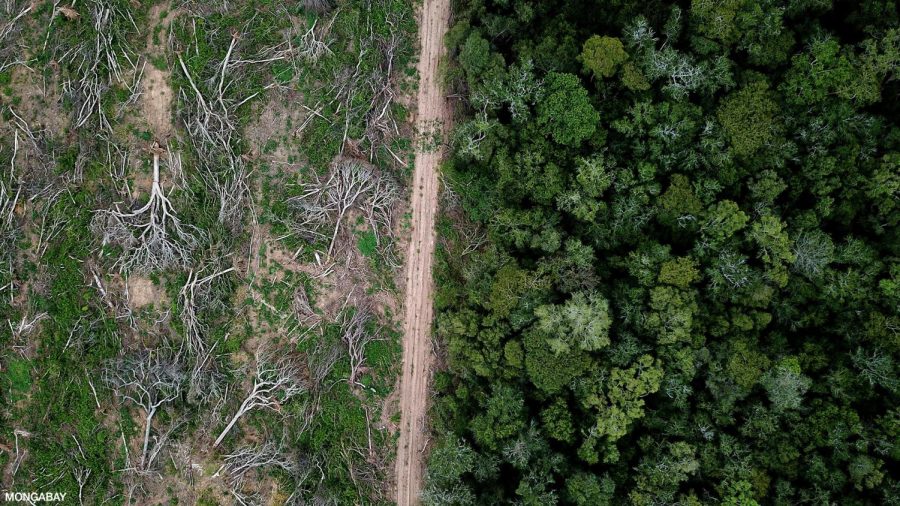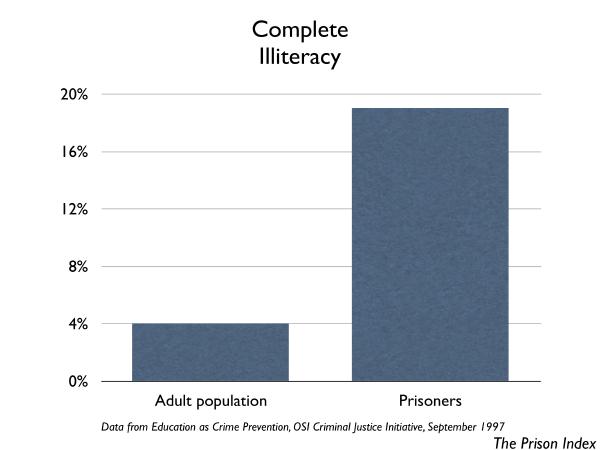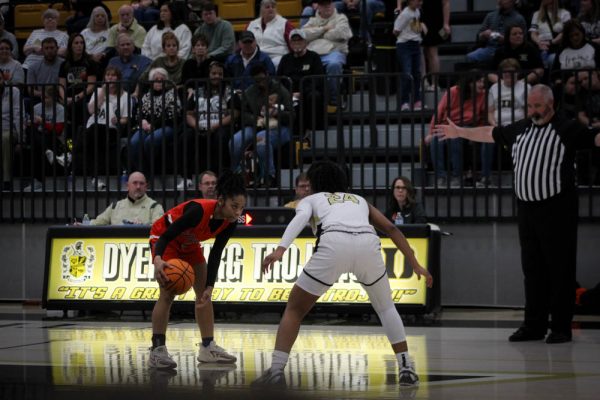Amazon Rainforest Deforestation
April 27, 2022
Located mainly in Brazil The Amazon rainforest spans across South America at approximately 2,300,000 square miles. This diverse region inhabits around 40,000 different plant species and is home to 30 million people that rely on the rainforest’s natural resources. Let alone the diverse plant life it is estimated: 427 mammal species, 1,300 bird species, 378 reptile species, and more than 400 species of amphibians colonize the rainforest. What makes this rainforest unique is the amazon river stretching 3,977 miles through the whole rainforest. It’s truly spectacular, but more of the rainforest is getting destroyed every day and people aren’t sure how much longer there will be an amazon rainforest.
Deforestation is the process of clearing a wide area of trees and sometimes can be a good thing but not in this case. There have been many deforestation projects in the past but not to the extent; that 17-20% of the Amazon has already been cleared and an estimated 40% will be cleared by the year 2050. Not only is it horrible to see this beautiful place being destroyed, but it’s also being replaced with buildings and cities that would not be good for the environment.
A deforestation monitoring researcher at Inpe told Reuters the surge seen last month could be partially due to higher levels of cloud cover in the months o November and December that previous month. Those clouds might have been hiding destruction from satellites in those months which was subsequently revealed in the month of January, this being stated by someone who was not authorized to speak publicly about this topic. Still, cloud cover remained relatively high in January, declining to 43% from 54% in December.
In conclusion, the Amazon Rain Forest is suffering from severe damage, due to many different reasons, and destruction to its habitat is seen from over 2.3 million miles. This is causing harm to many different species, ranging from almost 20 thousand different species, and has led to the close extinction of many animals that are known worldwide. We see more and more damage every day, and experts are working to attempt to fight against these events, but yet we can do nothing besides give support to those in Brazil.













